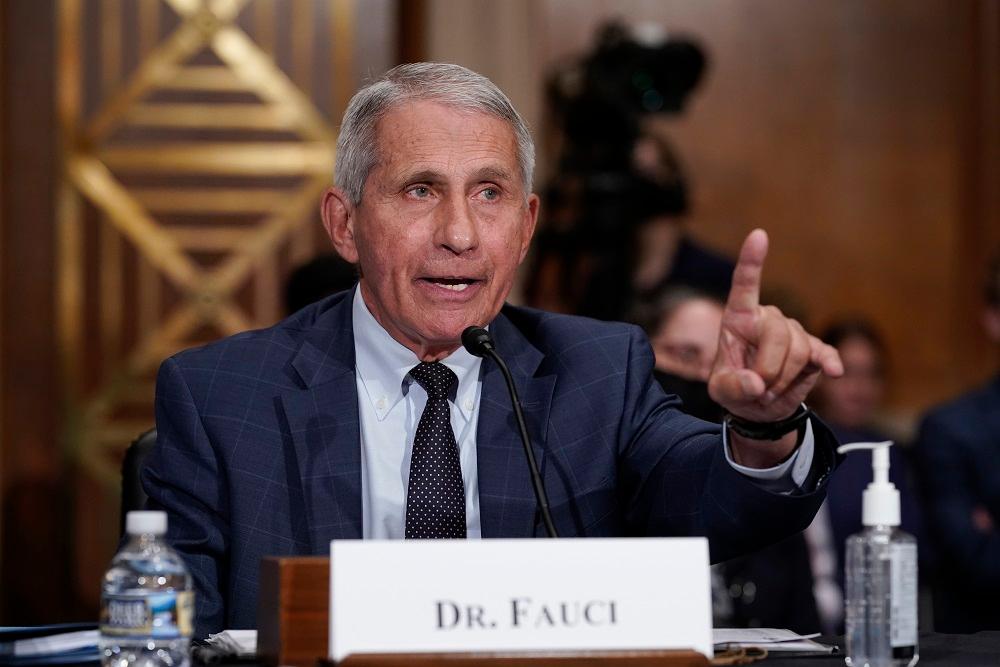The White House signaled Thursday its continued support of the nation’s top infectious disease expert, Dr. Anthony Fauci, following the release of documents detailing U.S.-funded coronavirus research in China.
Statements Fauci made to Congress have come under review following the release of more than 900 pages of documents, obtained by The Intercept, detailing the use of federal money by the U.S.-based health organization, EcoHealth Alliance, to fund bat coronavirus research at the Wuhan Institute of Virology in China.




